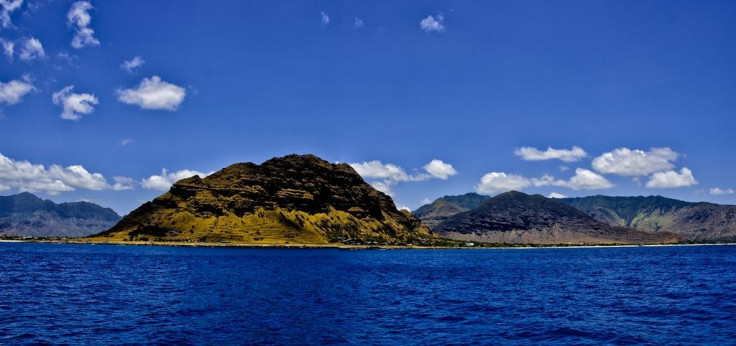Hawaii's Big Island Declares Emergency Over Dengue Fever Infections

The mayor of Hawaii's Big Island declared a state of emergency on Monday to deal with a growing outbreak of dengue fever, spread by infected mosquitoes, with 250 cases confirmed over the past four months.
As a result of Hawaii County Mayor Billy Kenoi's order people on the Big Island will be allowed to resume disposing of old tires in landfills, since tires which are left lying around are a known breeding spot for mosquitoes.
There have been 250 confirmed cases of dengue fever on the island since Oct. 29, making it the largest outbreak in the state since the 1940s, according to the mayor's declaration and Hawaii health officials.
Dengue fever causes flu-like symptoms and can develop into the deadly dengue hemorrhagic fever.
Hawaii Governor David Ige said in a statement he supported the efforts on the Big Island but would not issue a statewide emergency declaration unless the outbreak spread to other islands or expanded to include other diseases, such as the Zika virus.
Zika is spreading rapidly in South and Central America and the Caribbean and has been linked to severe birth defects in Brazil.
Last month, a baby born with brain damage at a hospital in Oahu, Hawaii, was apparently the first case of the mosquito-borne Zika virus in a birth on U.S. soil, health officials said.
Dengue is not endemic to Hawaii but has occasionally spread after being imported by infected travelers. The outbreak on the Big Island is the first cluster of locally-acquired dengue fever since a 2011 outbreak on Oahu, the Hawaii Department of Health said.
(Reporting by Victoria Cavaliere in Los Angeles; Editing by Dominic Evans)



























